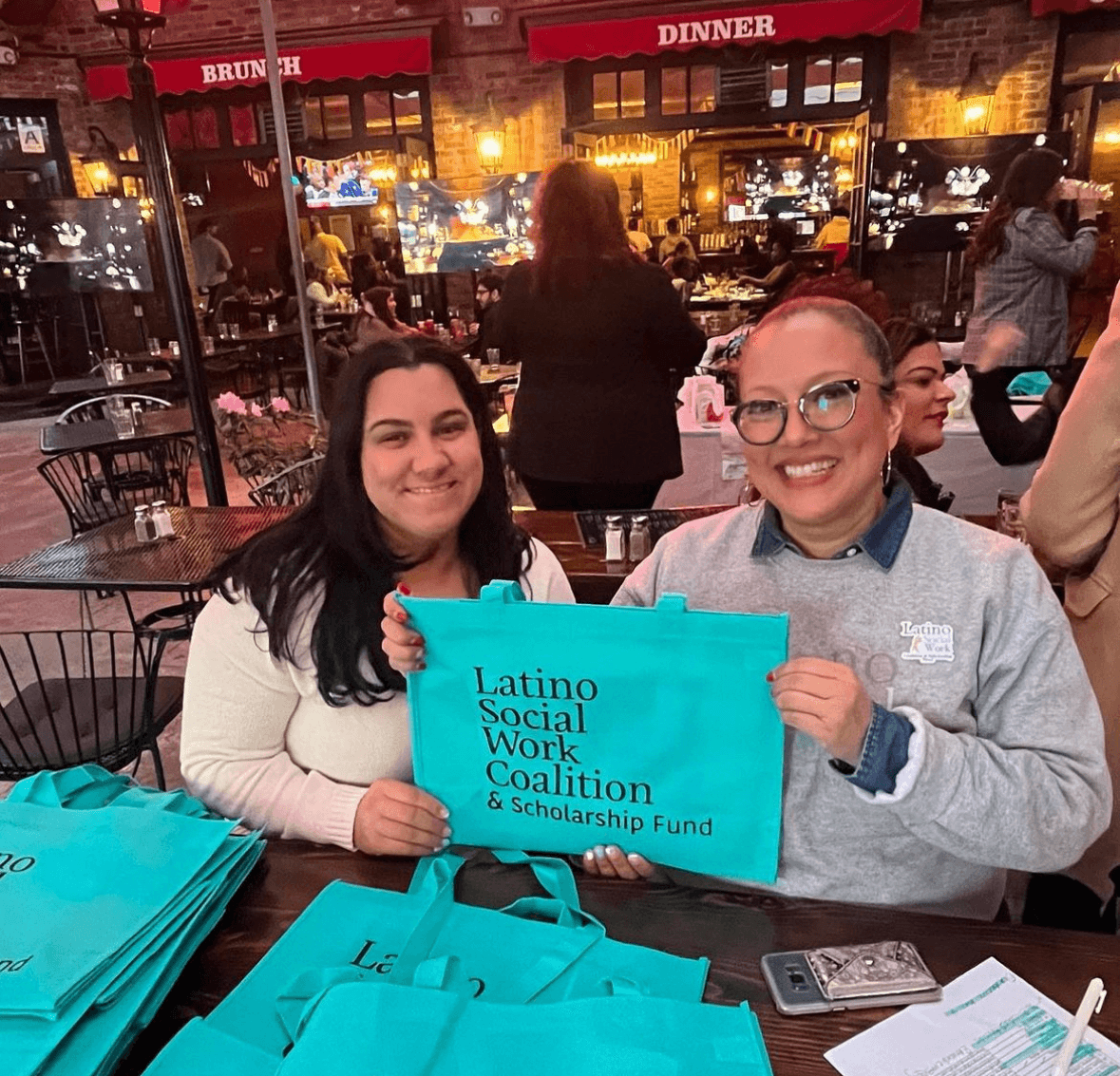Today we’d like to introduce you to Arlys Tineo
Hi Arlys, so excited to have you on the platform. So before we get into questions about your work-life, maybe you can bring our readers up to speed on your story and how you got to where you are today?
Growing up, my favorite subjects were art and history. As college applications were quickly approaching, I couldn’t picture myself in a career of my favorite subjects. However, throughout middle and high school, I was passionate about community service and volunteering my time at different organizations. It was the summer before my senior year that I heard about social work and started my research on the profession. I was in shock and awe that a profession existed around helping others and I knew it was the right career path for me. As I continued navigating the higher educational space, I was constantly affirmed of my decision to become a social worker. I completed my Bachelor’s in Social Work (BSW) and Master’s in Social Work (MSW) within 4 years and became a Licensed Social Worker (LMSW) shortly after that. As a first-generation Dominican American Social Worker, I’ve had the opportunity to work with multiple populations and communities creating a significant impact. My hope in sharing my story is for other first-generation youth to feel inspired to pursue their passions and encourage youth to find community.
I’m sure it wasn’t obstacle-free, but would you say the journey has been fairly smooth so far?
The support of my family and friends guided me smoothly throughout my journey. However, challenges arose when I started feeling “out of place” in the professional space. I felt that I was not deserving of entering specific spaces due to my lack of experience. I quickly learned of the phenomenon of “imposter syndrome” and instantly felt comfort knowing that I was not alone in my experience. How do I overcome imposter syndrome? By surrounding myself with like minded individuals and communities I can relate to and rely on. At the same time, I enjoy entering unknown environments because that is the best method of learning and expanding my knowledge. And like a domino effect, it creates a personal and professional impact.
Thanks – so what else should our readers know about your work and what you’re currently focused on?
Growing up, it was not uncommon for me to take the role of interpreter and translator for my family. It was my birth right to become the bridge between my family and service providers, doctors, and written communication. As I started working and entering professional spaces, I realized the lack of language access in a country that thrives on being a “melting pot” of diversity and language. My passion and advocacy for language access motivate me in all spaces.
My professional journey has led me to my current position as the Lead Clinician for an unaccompanied children’s program in New York. I also work part time as a psychiatric social worker at my local emergency room. Both positions allow me to grow as a clinician, as well as gain clinical experience that will follow throughout the professional realm. My experiences set me apart in my methodology of cultural humility, as well as being able to communicate with the Spanish speaking community
What do you like and dislike about the city?
I am originally from a small town in Rockland County, NY. In my late teens, I moved to Brooklyn for college. Living in a city was a completely new experience, however, I quickly adapted and yearned to learn more about the vast resources provided to all communities. It was wonderful to see the diversity of each community and to be near people of color, an experience I didn’t have often when living in the suburbs. A year ago, I moved back to my hometown to be closer to my family and leave the fast paced environment of Brooklyn. Moving back to my hometown was not a hard adjustment, especially with the presence of my family and being able to enjoy the quiet. However, I quickly realized the lack of resources in my community regarding social services, housing, food, and mental health. These services are especially hard to access for non-English speakers.







